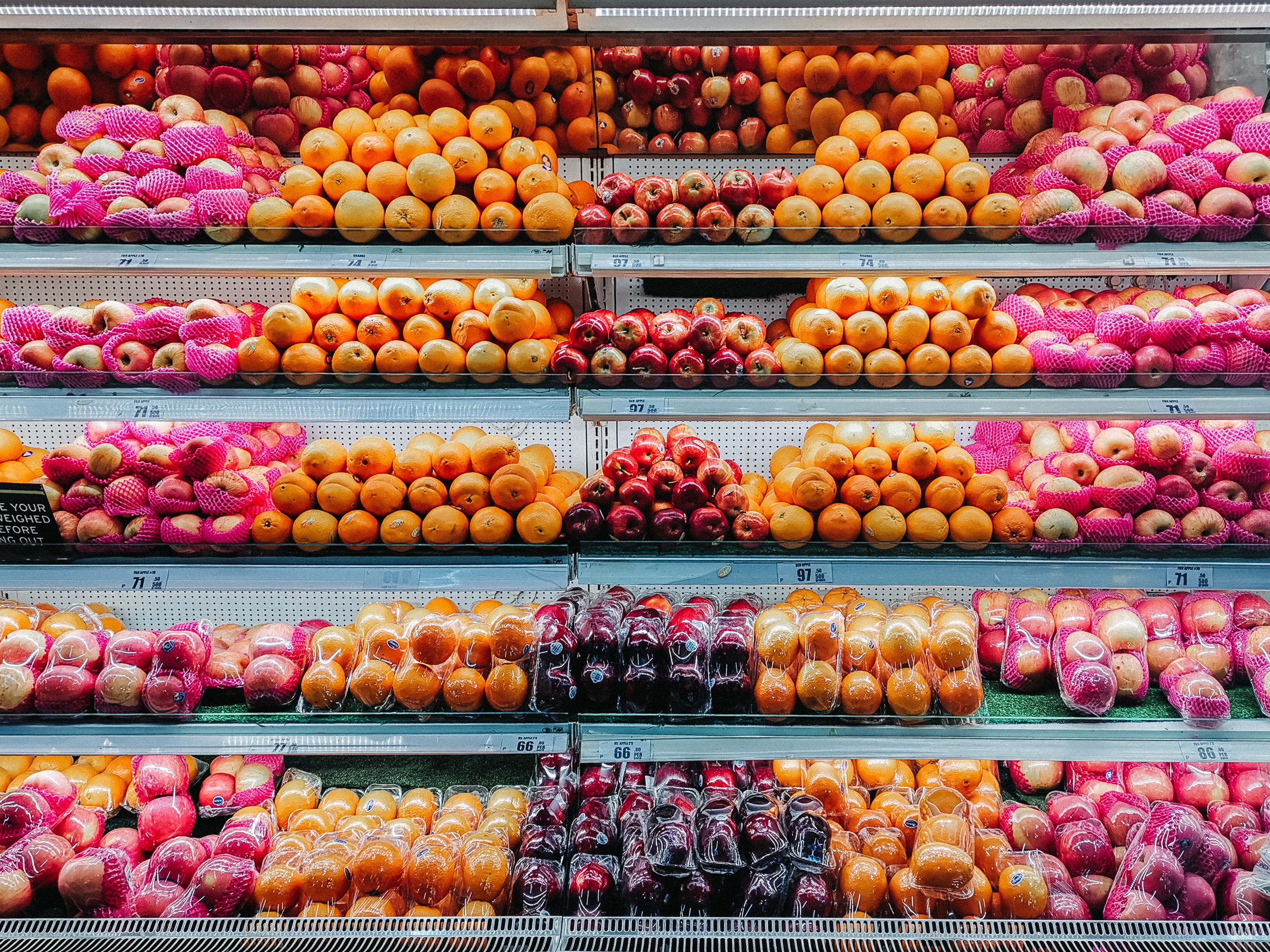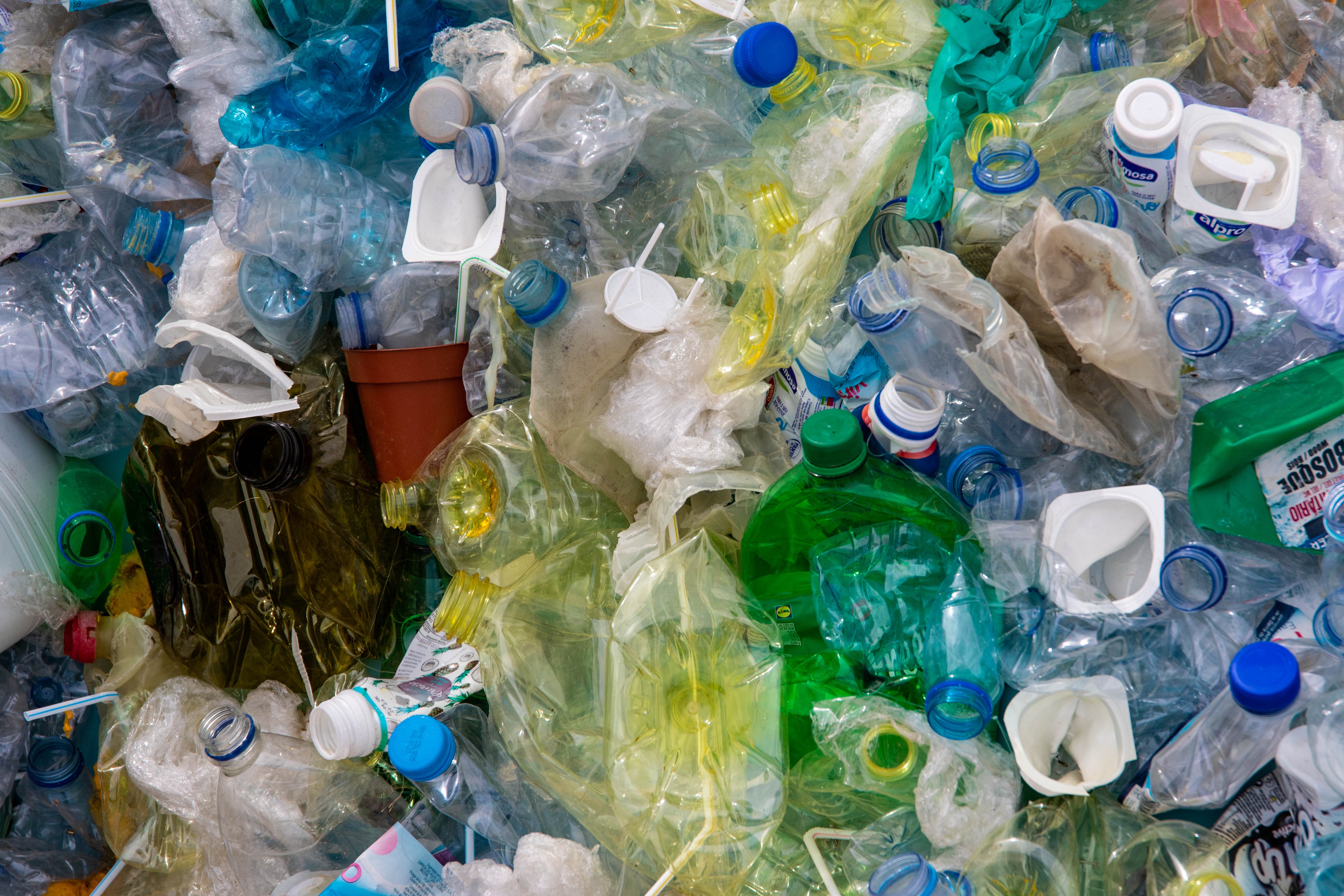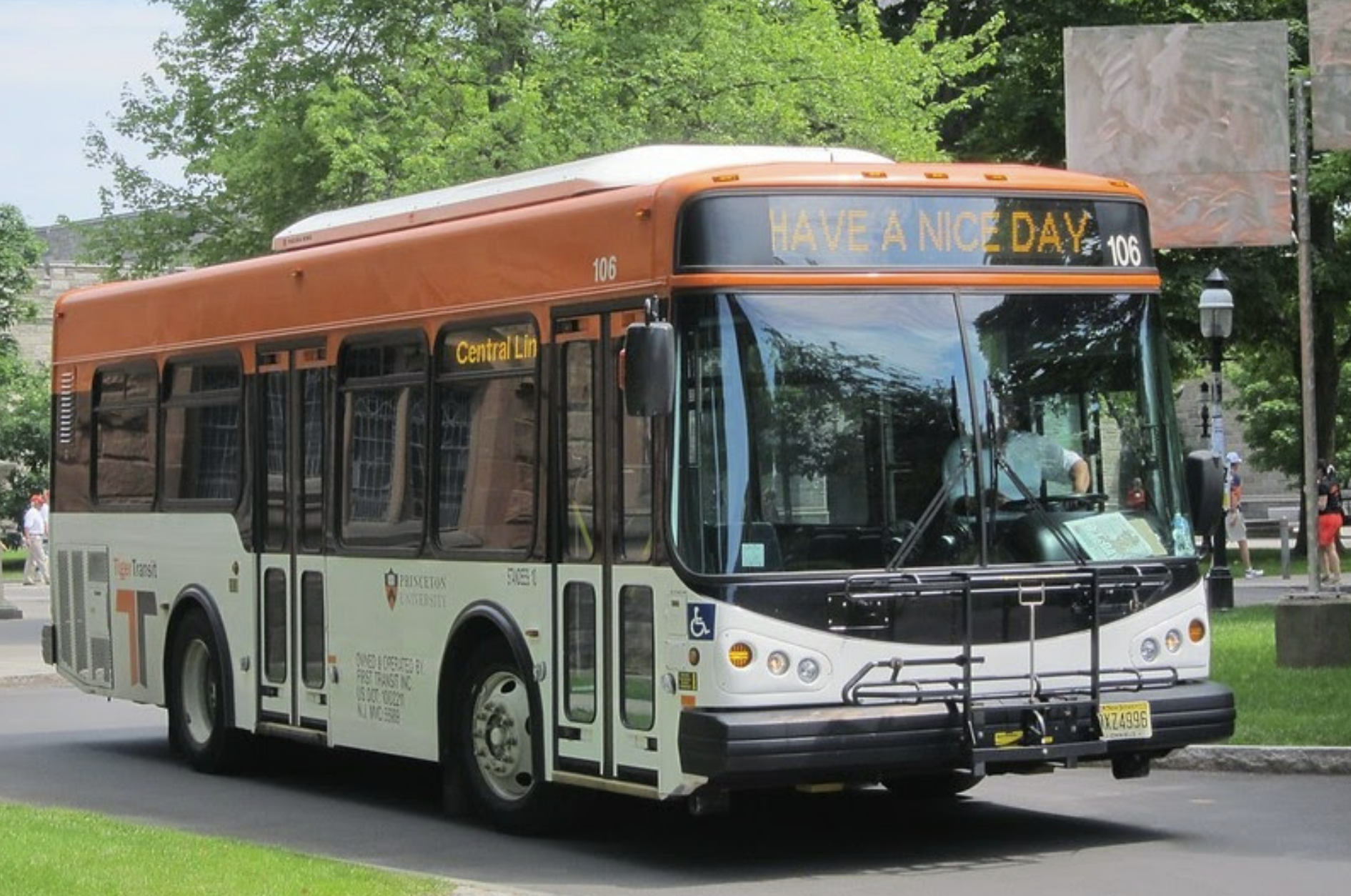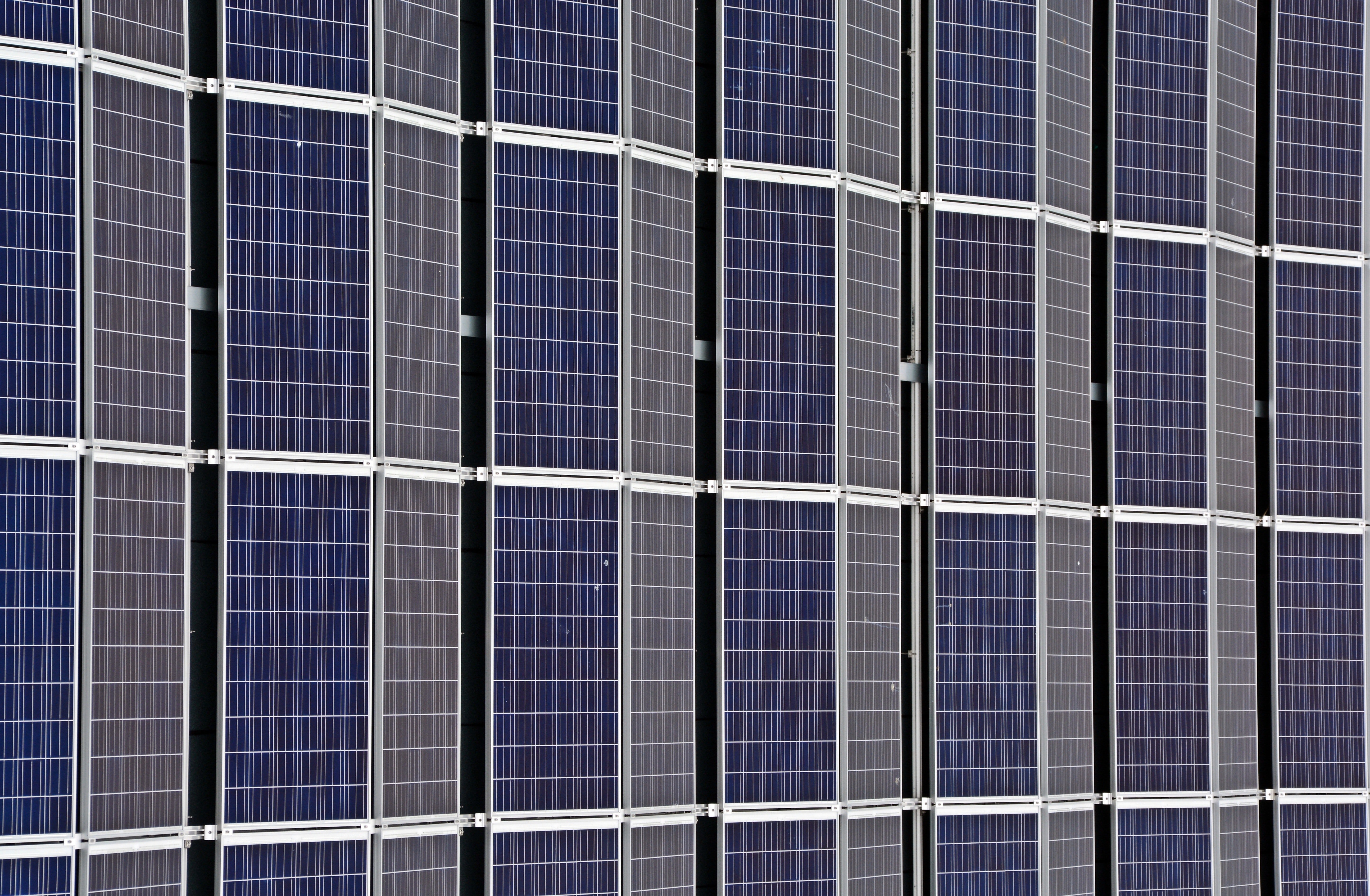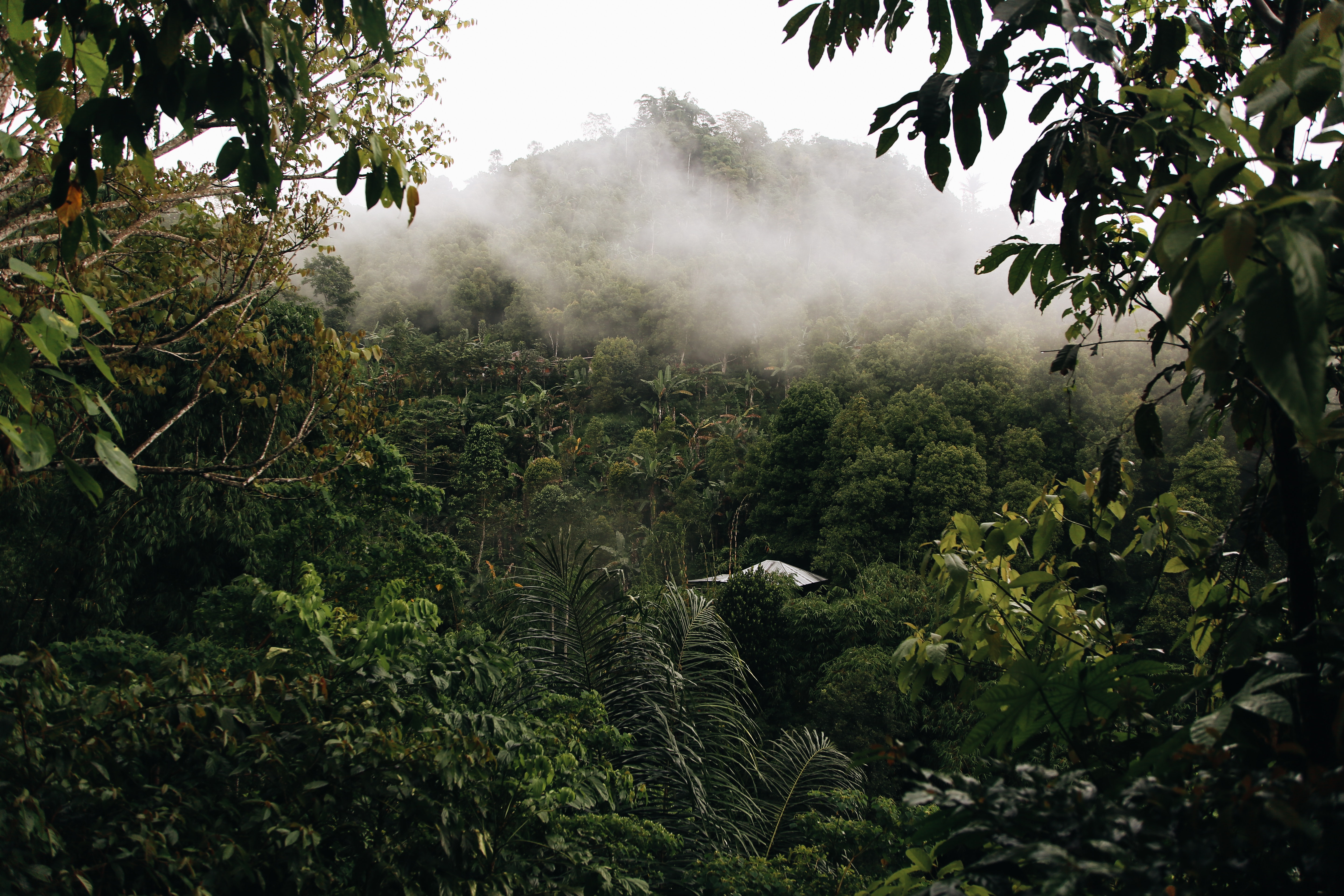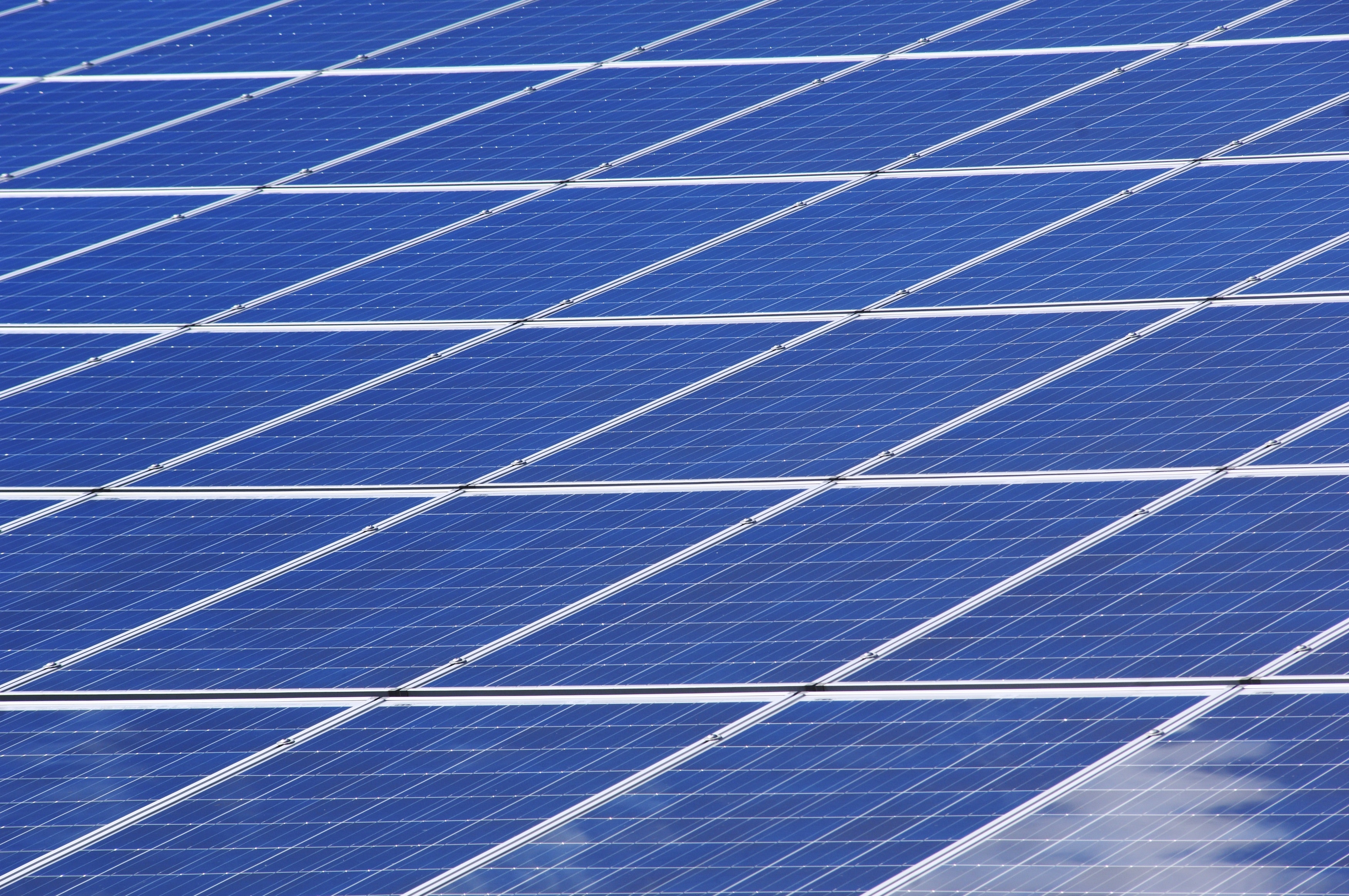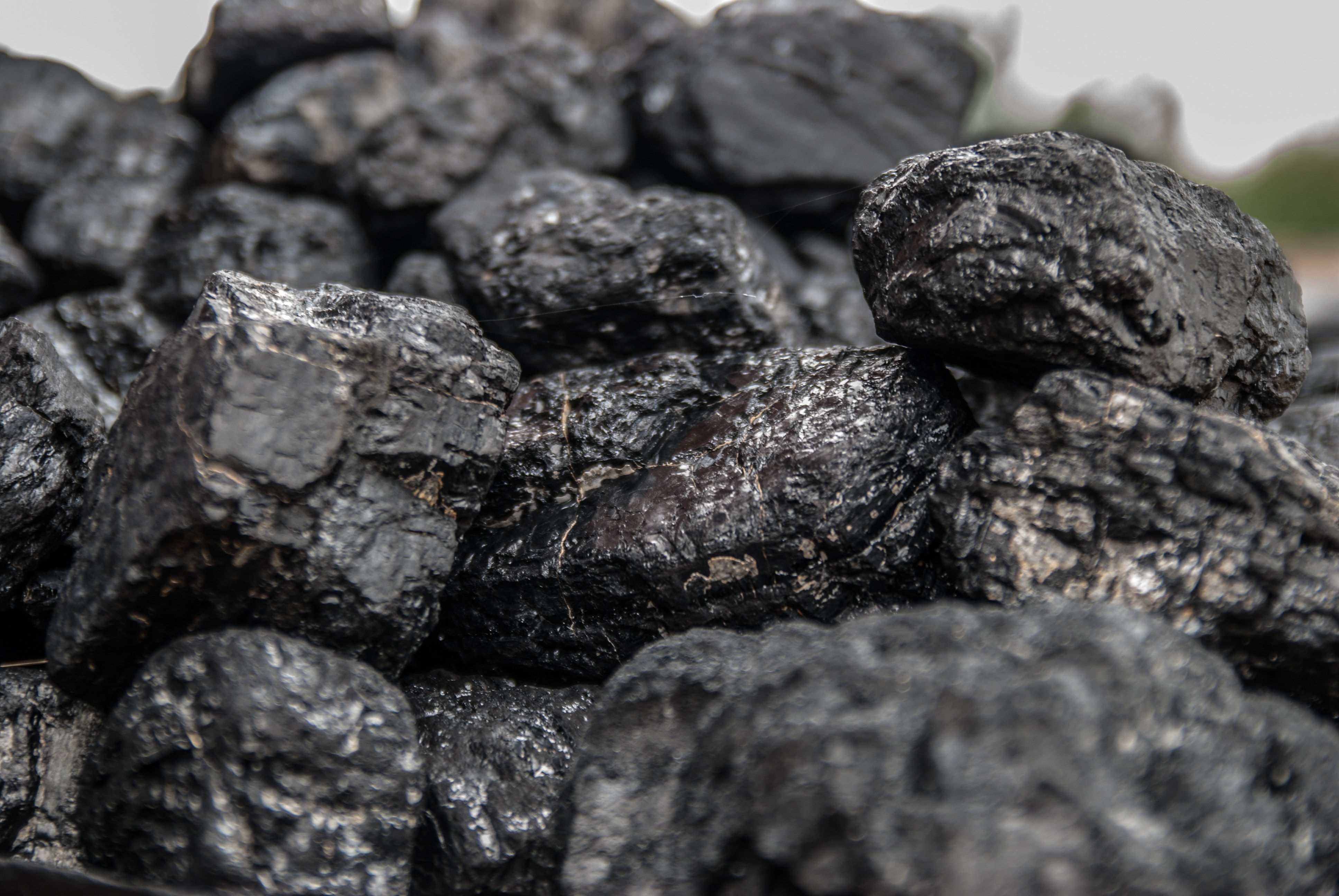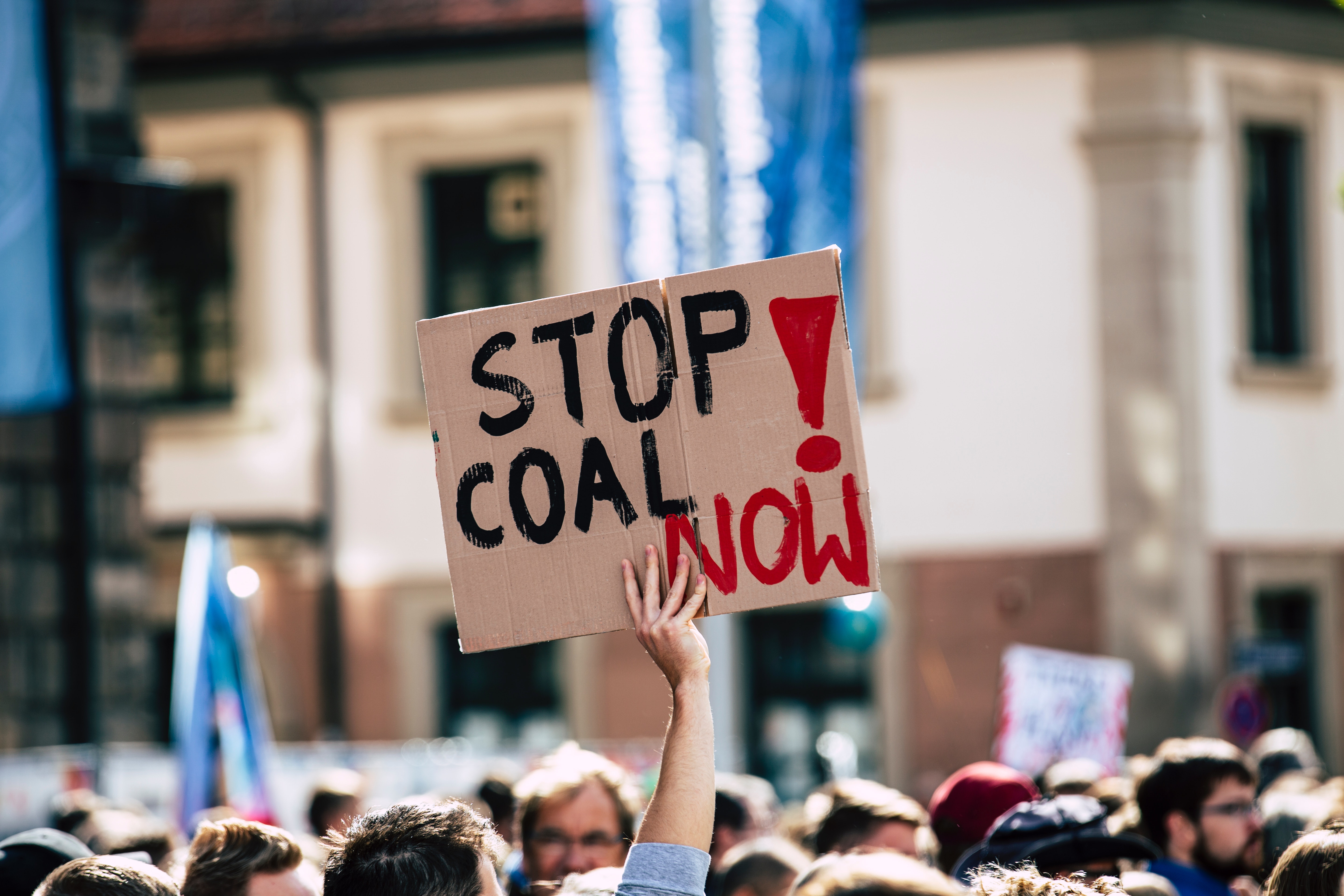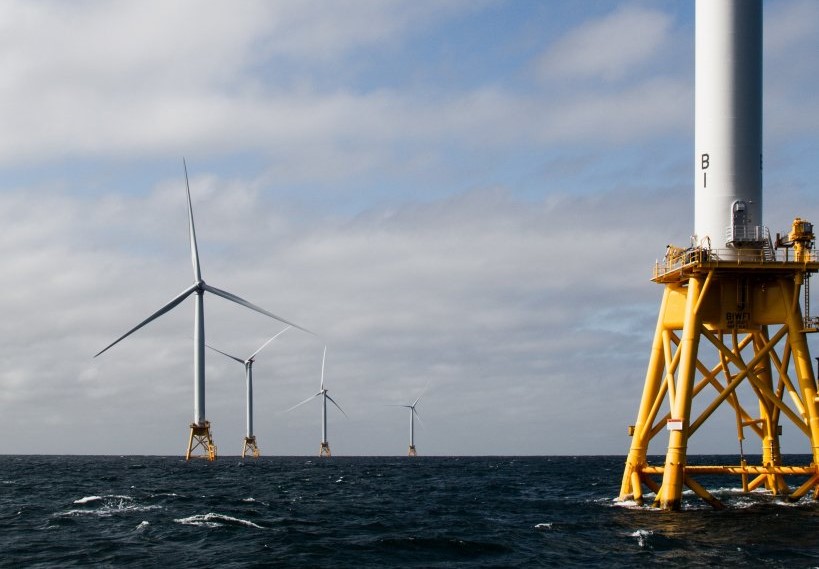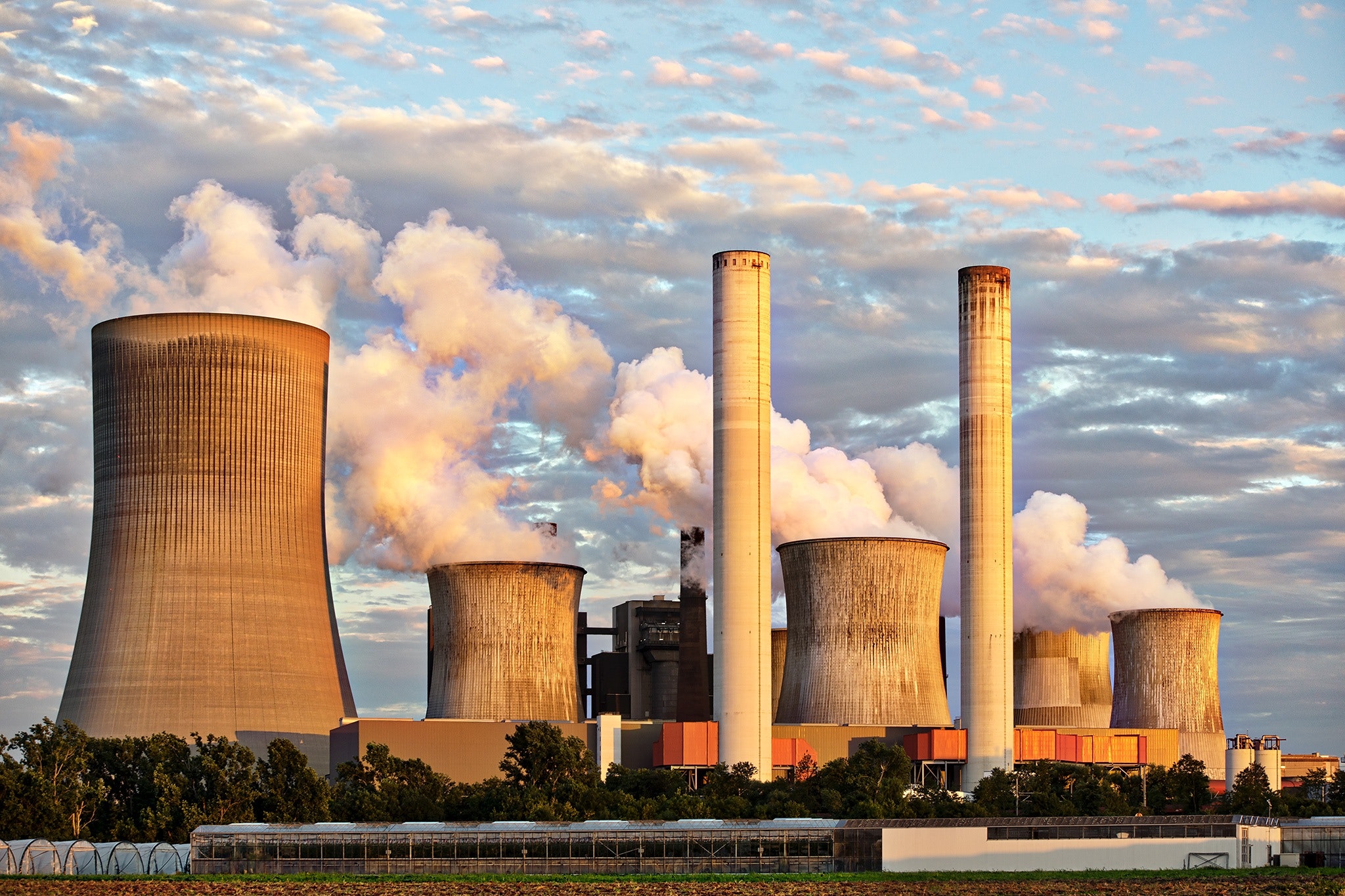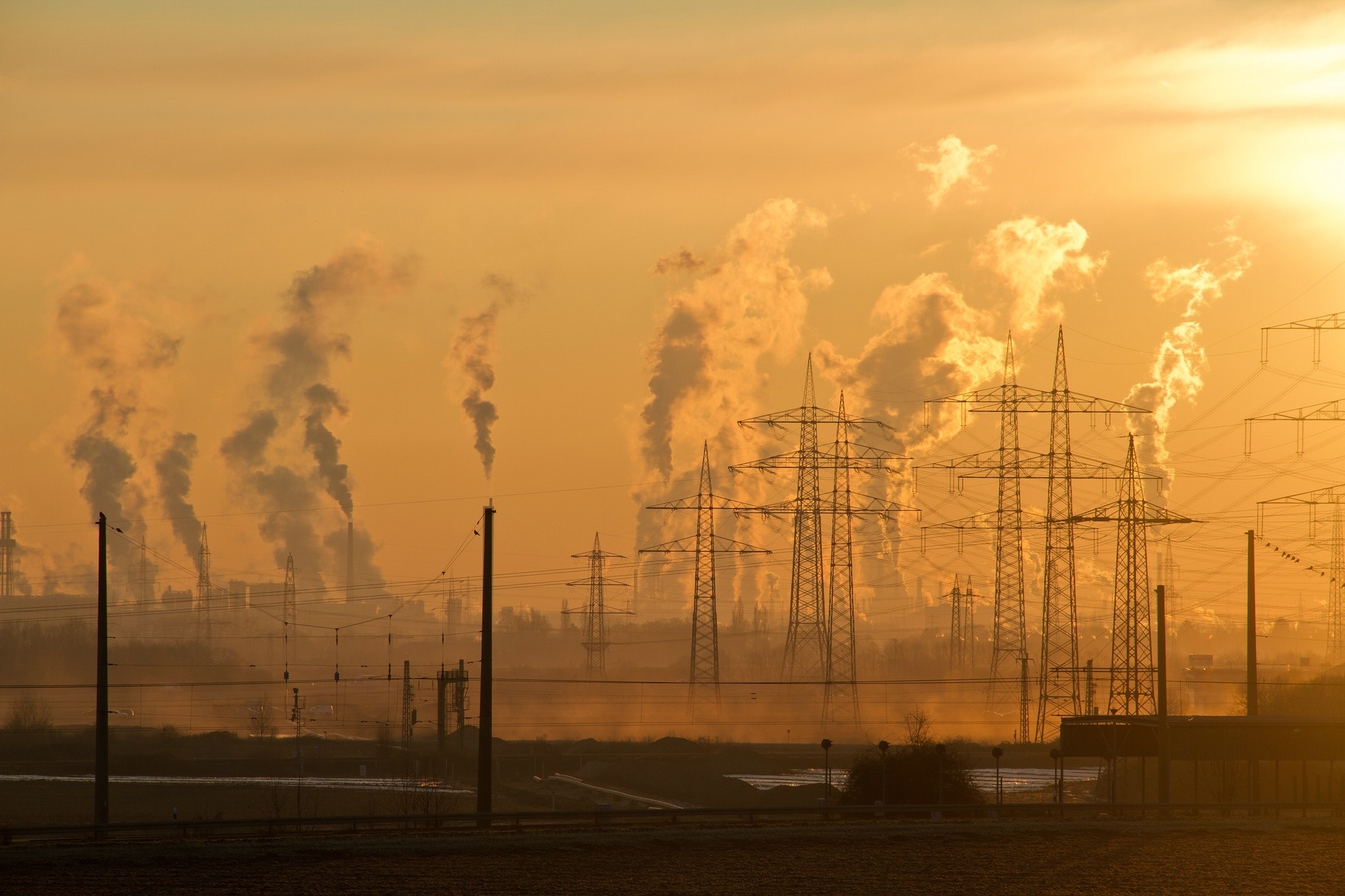Author: Camellia Moors ’22
Welcome to another edition of Good News Friday! Today, we’re covering changes to car emission rules in California, a new threat to the invasive Burmese python in Florida, and the rediscovery of a “lost” bat species.

- California regains right to set auto pollution rules: The Biden administration recently “restored California’s legal authority to set auto pollution and mileage rules that are tighter than federal standards, a potent climate policy that had been stripped away by former President Donald J. Trump,” according to the New York Times. Under California’s rules, car mileage will have to be continuously improved and tailpipe emissions cut at a rate faster than the federal standard. In 2019, transportation accounted for 41% (or approximately 171.5 million metric tons) of the state’s total greenhouse gas (GHG) emissions.
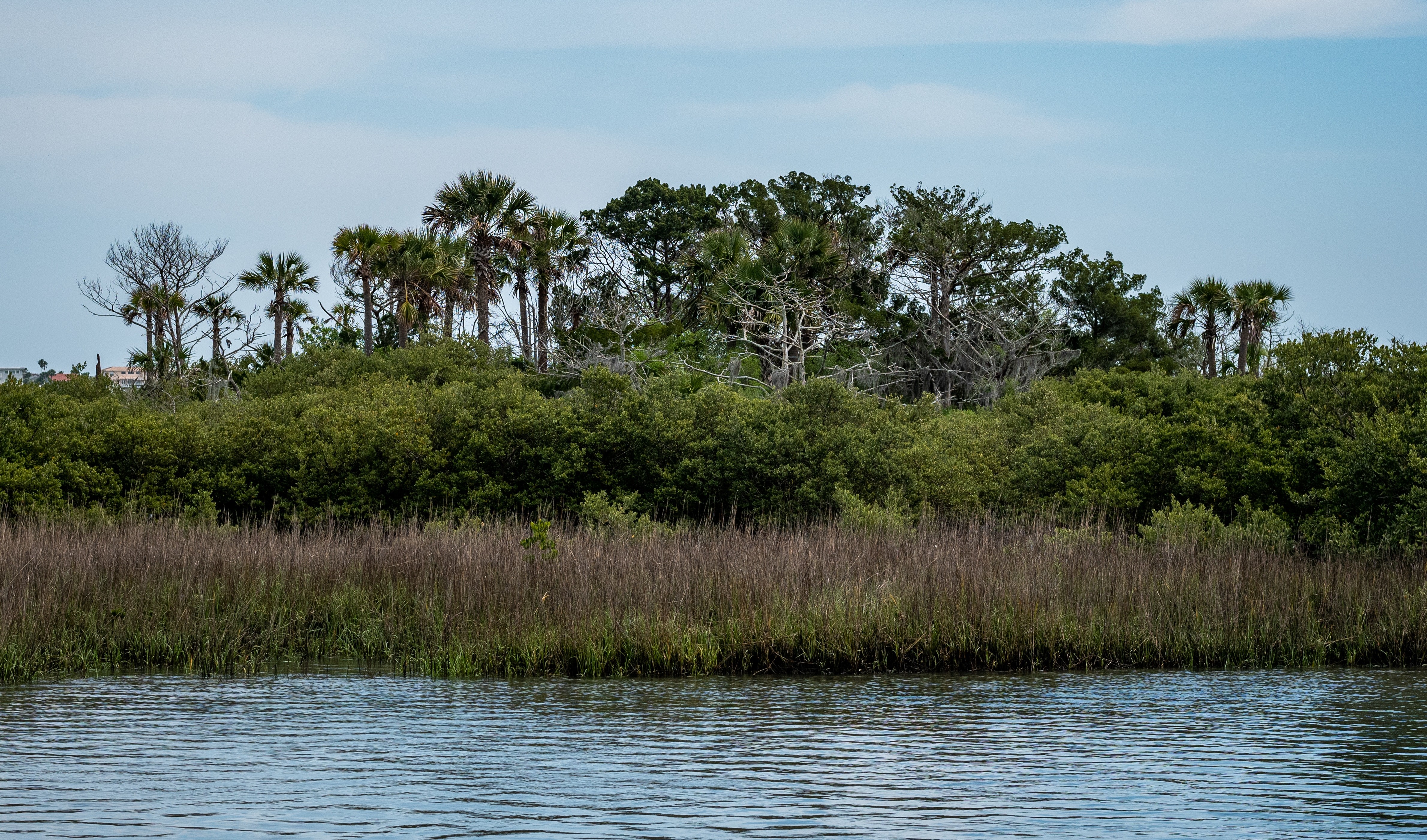
2. Florida bobcat targets invasive python: Motion sensor cameras deployed by ecologists in Florida’s Big Cypress National Preserve recently captured a bobcat eating Burmese python eggs, a possible sign of natural competition to combat the invasive python’s population growth. The python predator species is suspected of causing significant population declines of local species like marsh rabbits, leading to the formation of efforts like the Python Elimination Program to limit their damage.

3. Experts rediscover critically endangered bat species: According to Bat Conservation International, a team of experts has recently rediscovered the Hill’s horseshoe bat, a critically endangered “lost” species not been observed for decades. As insectivores–i.e., insect eaters–bats are frequently viewed as keystone species, or “organisms that play a key role in and have a disproportionate impact on their surrounding ecosystem.” The rediscovery of such animals therefore provides some hope about the future of their native ecosystem.
That’s all for this week! Check back next week for more positive environmental news. In the meantime, if you’d like to share some Good News with us, please feel free to get in touch!



